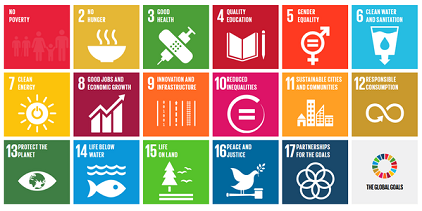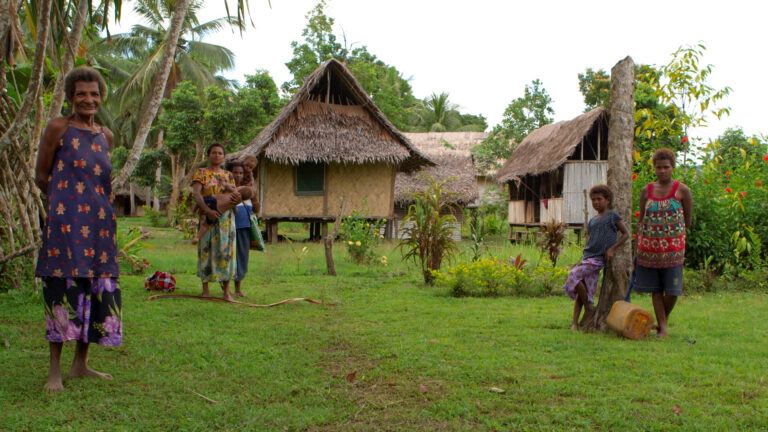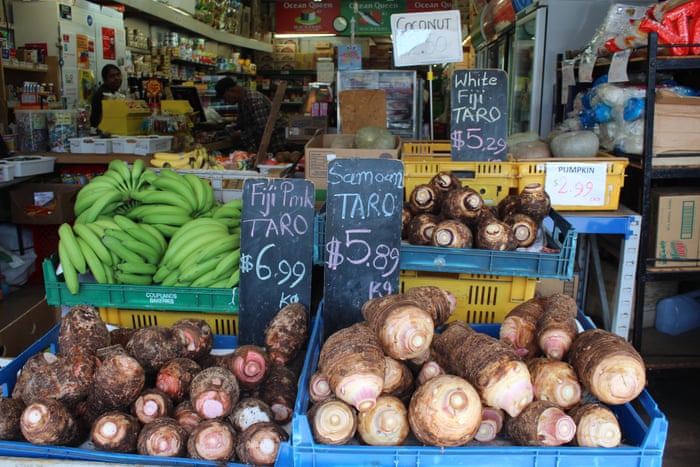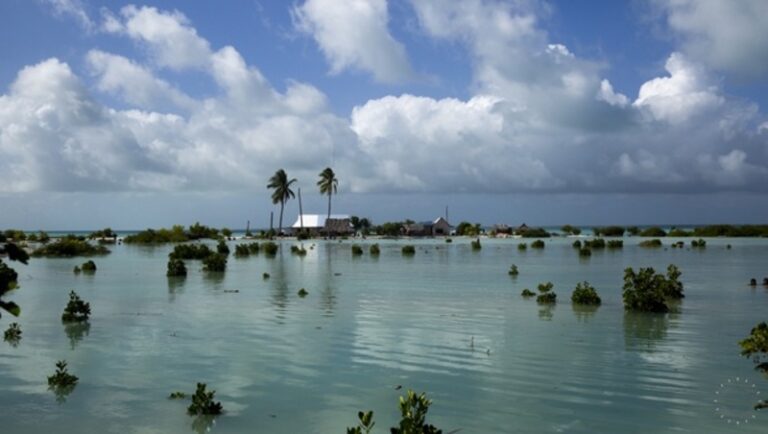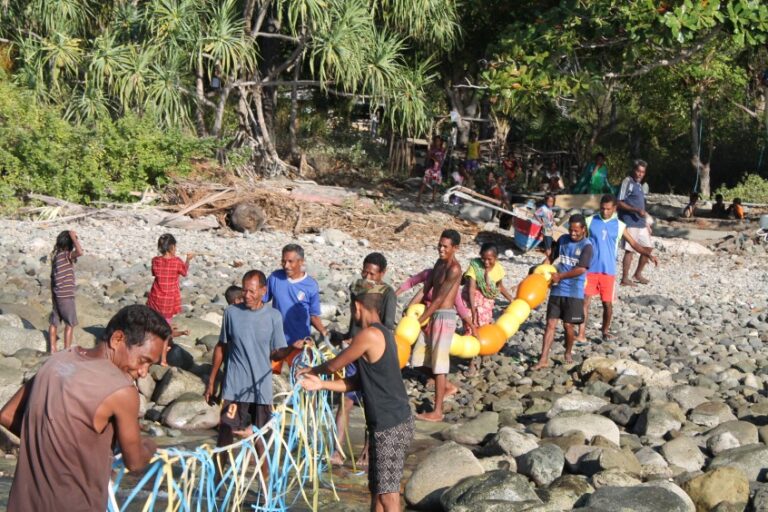The Sendai Framework for Disaster Risk Reduction is the Hyogo Framework (2005-2015)’s successor agreement. It was adopted in 2015 and aims to substantially reduce the “disaster risk and losses in lives, livelihoods and health and in the economic, physical, social, cultural and environmental assets of persons, businesses, communities and countries.” … read more
Archives for December 2019
Oceania – An External Battleground in Cross-Strait Relations (Part 2 of 2)
Last blog post, I discussed the competition between Taiwan and China over Taiwan’s autonomy, and how this is driving Chinese foreign policy in Oceania. In the second part of a two-part blog post series, I will explore the broader geopolitical and climate issues connected to the Taiwan-China contest over Taiwan’s… read more
Oceania – An External Battleground in Cross-Strait Relations (Part 1 of 2)
Pacific Island Countries – especially in Oceania – are at a confluence of numerous Chinese geopolitical goals. Greater economic resources to use, trade, diplomatic ties to counter US diplomacy, and opportunities to isolate Taiwan economically and diplomatically. China can reasonably achieve these goals by directing its efforts towards just a… read more
Why Should Developed Nations Grant Asylum to Pacific Islanders
A federal judge on Thursday ruled that American Samoans are citizens by birth. This is a landmark judgment considering the risk that American Samoa faces due to climate change. This judgment segues into a broader question – Do western industrialized nations owe a responsibility towards smaller and weaker nations/territories at… read more
Developing Resilient Systems: How can we make sure the right decision makers are gathering at the table?
The planning and implementation of effective climate change resilient strategies is dependent and reflective of who is invited to the table during key decisions making events. I argue that local voices need to be at the core of every meeting, workshop, forum, and planning event, and that currently, we should… read more
Extra-Regional Migration – Host Countries (1/2)
In considering extra-regional migration for at-risk populations in Oceania, it is necessary to identify the states that are most likely to receive these populations. The existing immigration policies of these states as well as their domestic political scene will play a significant role in feasibility as host states to… read more
Extra-Regional Migration – Refugee Populations (2/2)
In addition to the likely issues of the host countries, the refugee populations themselves may experience significant problems with relocation. Significant research has been conducted on diaspora communities which can be applied to a managed retreat from at-risk states in Oceania, albeit with the significant caveat that the homeland may… read more
Leveraging Climate Resilient Programs to Restore Oceania’s Food System
Climate Change and the Food System Climate change is predicted to have dire implications on national and regional food systems. In many countries, climate change has had a large impact on food security by altering landscapes, inducing new crop diseases, enhancing the intensity of existing diseases, and creating longer periods… read more
Complications for Intra and Extra-Regional Migration
One of the most pertinent questions in regard to Oceania and the impacts of climate change is where will the people the go? According to several studies, many of the islands, and especially atolls, in Oceania will likely experience inhospitable conditions within the next 50-100 years. This presents a myriad… read more
Climate Resilient Strategies: Innovative or Restored Systems?
The Role of Indigenous People in Resilient Adaptation Strategies The call to action to implement climate resilient strategies at national and regional level can be intimidating, overwhelming, and seemingly impossible. Recommendations are ridden with technical jargon, vague descriptions, and lofty goals that make the transition to resilient systems feel like… read more


